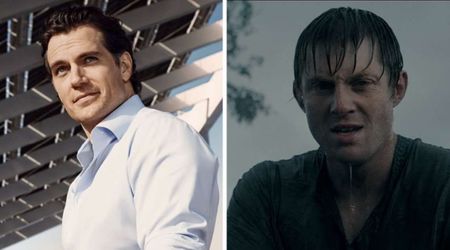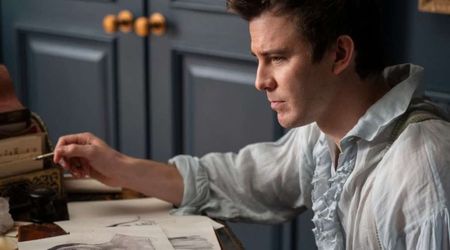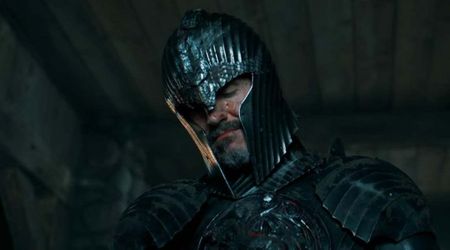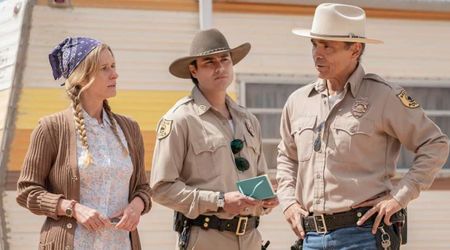'The Big Bang Theory': Why CBS' sitcom is America's most loved and hated TV show
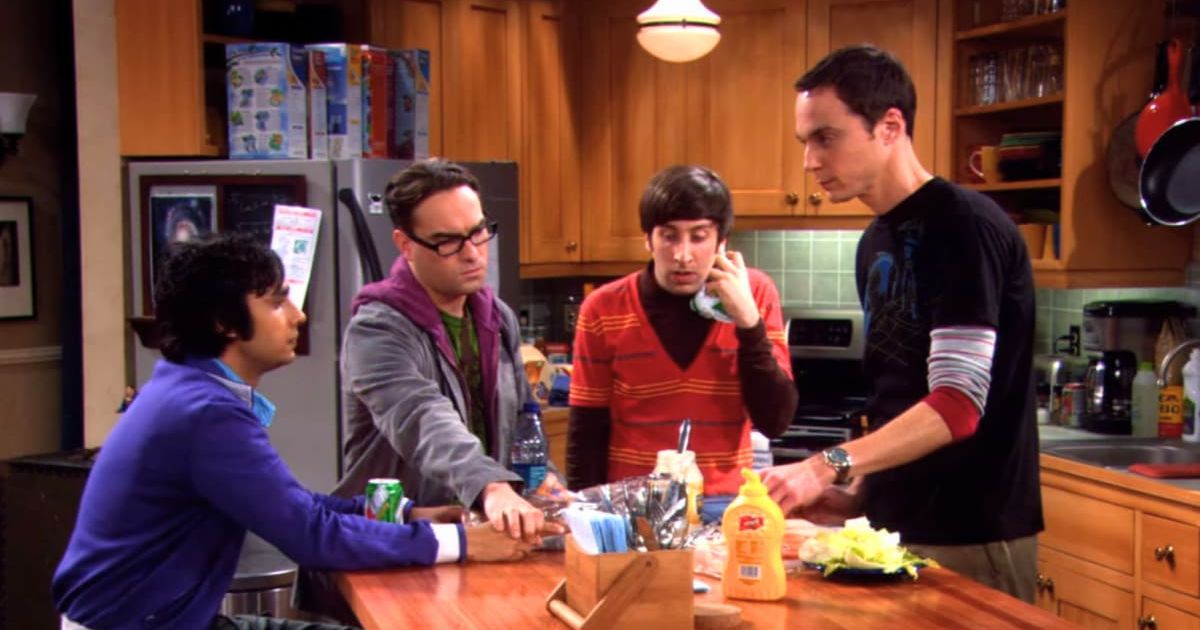
LOS ANGELES, CALIFORNIA: 'The Big Bang Theory', a sitcom created by Chuck Lorre and Bill Prady, premiered in 2007 and ran for 12 seasons until 2019. The show centers around a group of friends, primarily four socially awkward scientists—Leonard, Sheldon, Howard, and Raj—and their interactions with each other and the outside world, particularly with Penny, an aspiring actress who lives across the hall from Leonard and Sheldon.
It's unique blend of nerd culture, scientific themes, and humor has garnered both fervent fans and vocal critics. This contradiction raises the question: why is 'The Big Bang Theory' both America's most-loved and most-hated TV show?
To understand this phenomenon, we must delve into the aspects of the show that resonate deeply with audiences and those that provoke strong criticism. Its portrayal of nerd culture, scientific themes, and humor has made 'The Big Bang Theory' one of America's most loved and hated TV shows for its own reasons, and we're here just to talk about that.
Why was 'The Big Bang Theory' loved so much by fans?
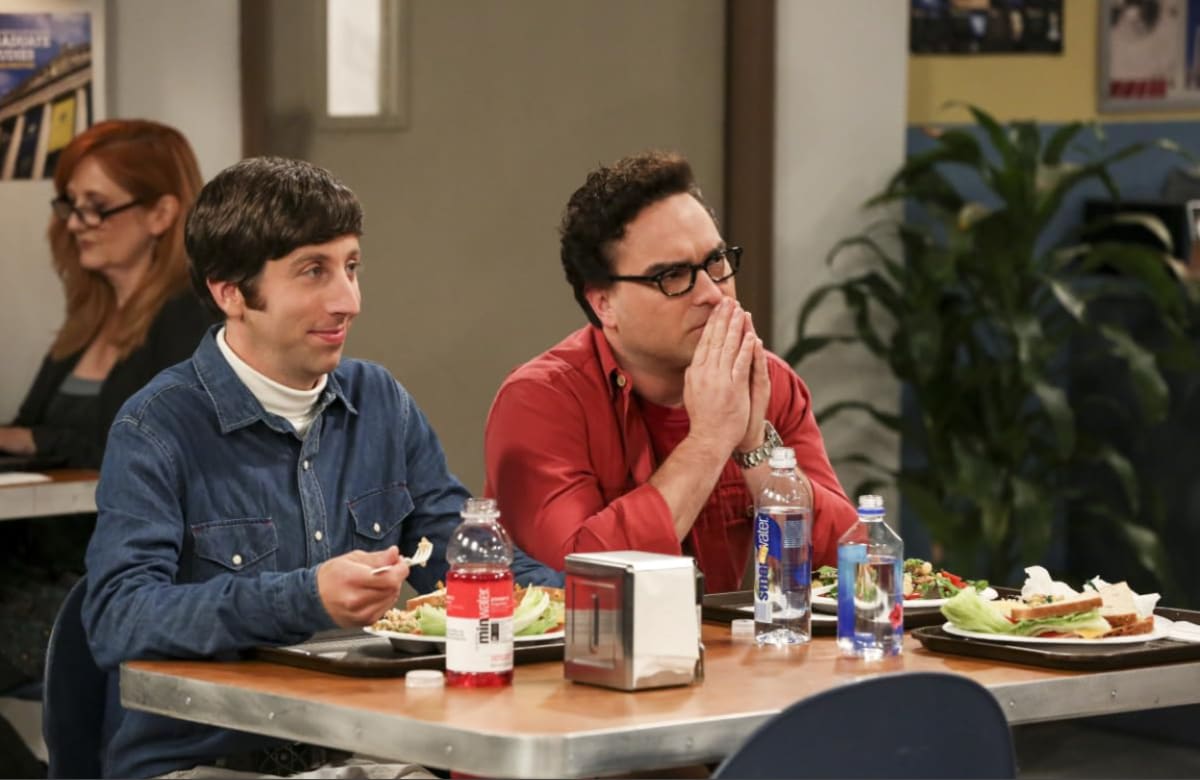
Many fans appreciate the show's portrayal of nerdy and geeky interests, from comic books to science fiction to tabletop gaming. For viewers who share these interests, the characters' passions and hobbies feel both familiar and validating.
Over the seasons, characters like Sheldon and Penny show significant personal growth, which resonates with viewers who have seen themselves evolve in similar ways. The show’s humor often blends scientific jargon with everyday situations, creating a unique comedic style.
The intellectual humor appeals to a segment of the audience that enjoys smart, witty dialogue. Jim Parsons' portrayal of Sheldon Cooper involves a lot of physical comedy, which adds a different layer of humor that appeals to a broader audience.
The chemistry between the cast members is often cited as a key element of the show's success. The interactions between characters feel genuine, enhancing the show's overall appeal. Performances, especially by Jim Parsons, Kaley Cuoco, and Johnny Galecki, have been widely praised.
Parsons' portrayal of Sheldon Cooper has become iconic, earning him several awards. Phrases like ‘Bazinga!’ and scenes involving the characters' quirks have permeated popular culture.
These elements help the show maintain a lasting presence in the public consciousness. Moreover, 'The Big Bang Theory' has sparked interest in science and engineering among younger viewers, serving as an unexpected source of inspiration.
Guest appearances by renowned scientists such as Stephen Hawking and Neil deGrasse Tyson lend the show credibility and educational value, further enhancing its appeal and impact.
Why was 'The Big Bang Theory' hated by many viewers?
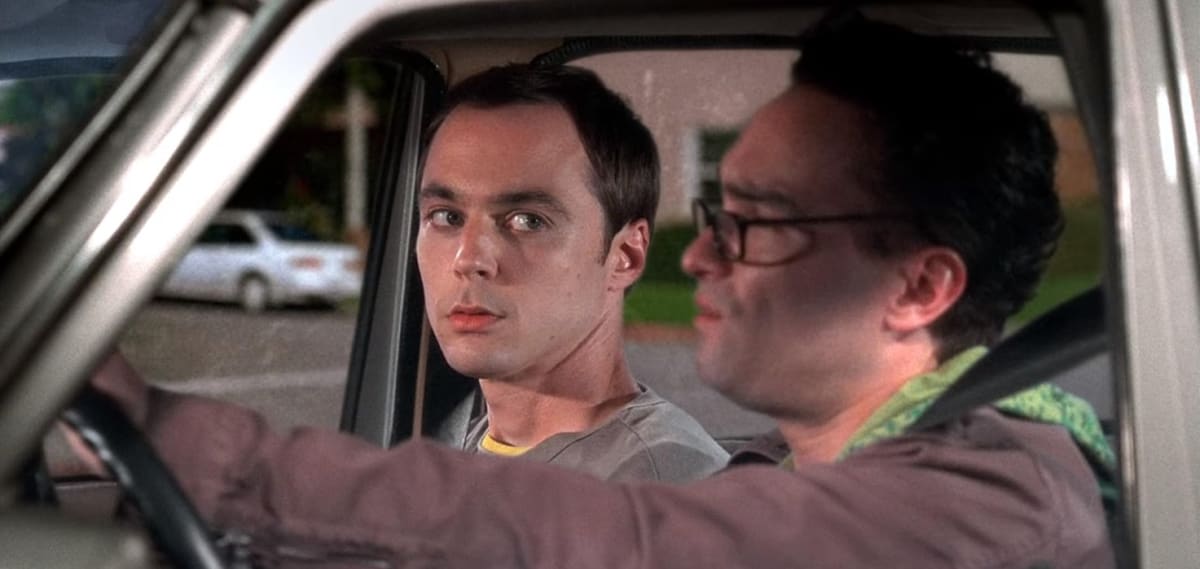
Although it was ranked top 2 in terms of rankings since 2012, 'The Big Bang Theory' also had many haters, due to a few reasons that might be quite alarming to this generation.
Critics argue that the show perpetuates negative stereotypes of nerds and geeks as socially incompetent and awkward, reinforcing harmful clichés rather than presenting a more subtle depiction of such individuals.
Some viewers find the portrayal of female characters overly sexualized due to their skimpy outfits problematic. While Penny evolves over the series, earlier seasons often depict her in stereotypical ways, emphasizing looks over substance.
Amy and Bernadette's characters, introduced later, are seen by some as better but still occasionally fall into stereotypical roles. Viewers have often stated that the humor becomes predictable and formulaic, relying too heavily on Sheldon’s quirks or the nerd culture references without offering much new as the series progresses.
The frequent use of a laugh track can be off-putting to some viewers, who feel it dictates when the audience should laugh rather than allowing the humor to stand on its own. A lot of sitcoms of that era incorporated this laugh track but none have been received well by the audience.
While the show incorporates real scientific concepts, some occasional inaccuracies or oversimplifications bother viewers with a strong science background.
Some critics feel that the show’s niche focus on geek culture and scientific references can be exclusionary, making it hard for those not interested in these topics to fully engage with or enjoy the series.
The humor and cultural references may not resonate as well with younger generations or those outside the show's core demographic, leading to less appreciation from these groups.
In conclusion, 'The Big Bang Theory' stands as a testament to the complex interplay between popular culture and niche interests. Its unique blend of intellectual humor, relatable characters, and cultural references has endeared it to a broad audience, while its reliance on stereotypes and formulaic humor has garnered significant criticism.
This duality of love and hate underscores the show's impact and the challenges of creating content that resonates widely while portraying specific subcultures authentically.
Despite the polarized opinions, 'The Big Bang Theory' has undeniably left an indelible mark on television history, continuing to spark conversations and reflections long after its final episode aired.
How to stream 'The Big Bang Theory'?
'The Big Bang Theory' is available to stream on Netflix as well as Prime Video.
The Netflix membership plan starts from $6.99/month for the standard plan with ads.
The standard plan without ads is priced at $15.49/month, while the Premium plan costs $22.99/month
Prime membership costs $14.99 monthly or $139 annually, with various discounts available.
'Prime Access' is $6.99/month for government assistance recipients, while 'Prime Student' is $7.49/month or $69/year for college enrollees, offering exclusive perks.
Amazon provides a 30-day trial for Prime and Prime Access, allowing users to explore benefits before committing.
'The Big Bang Theory' trailer



